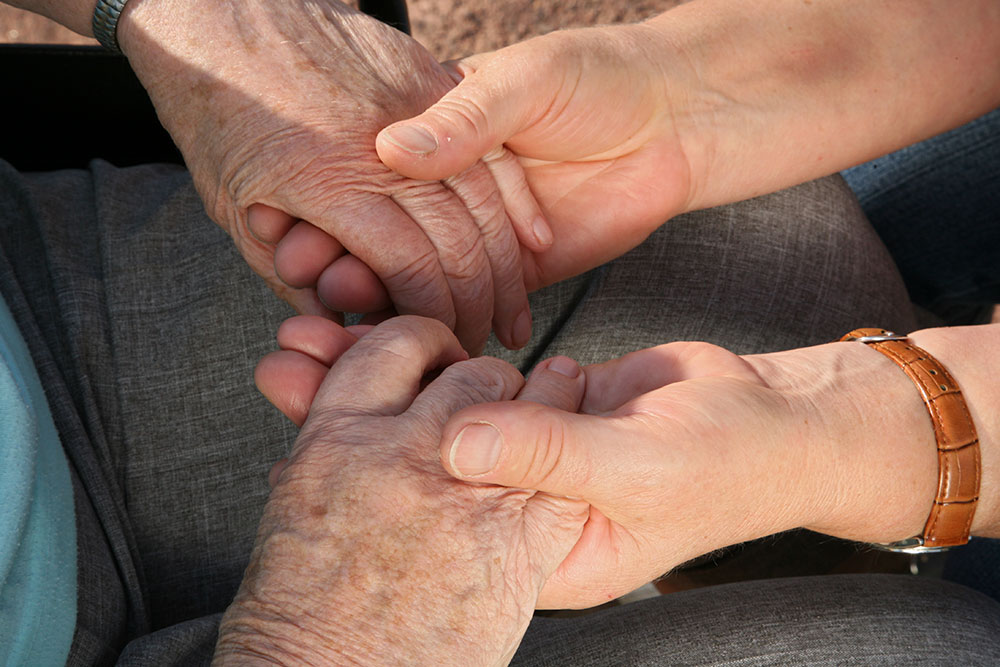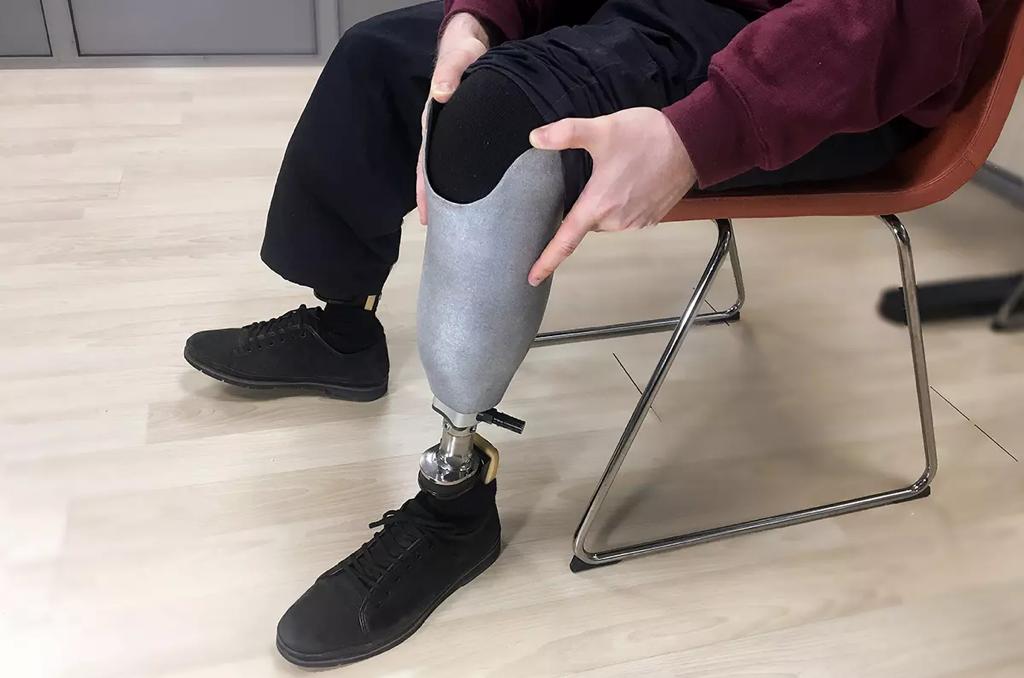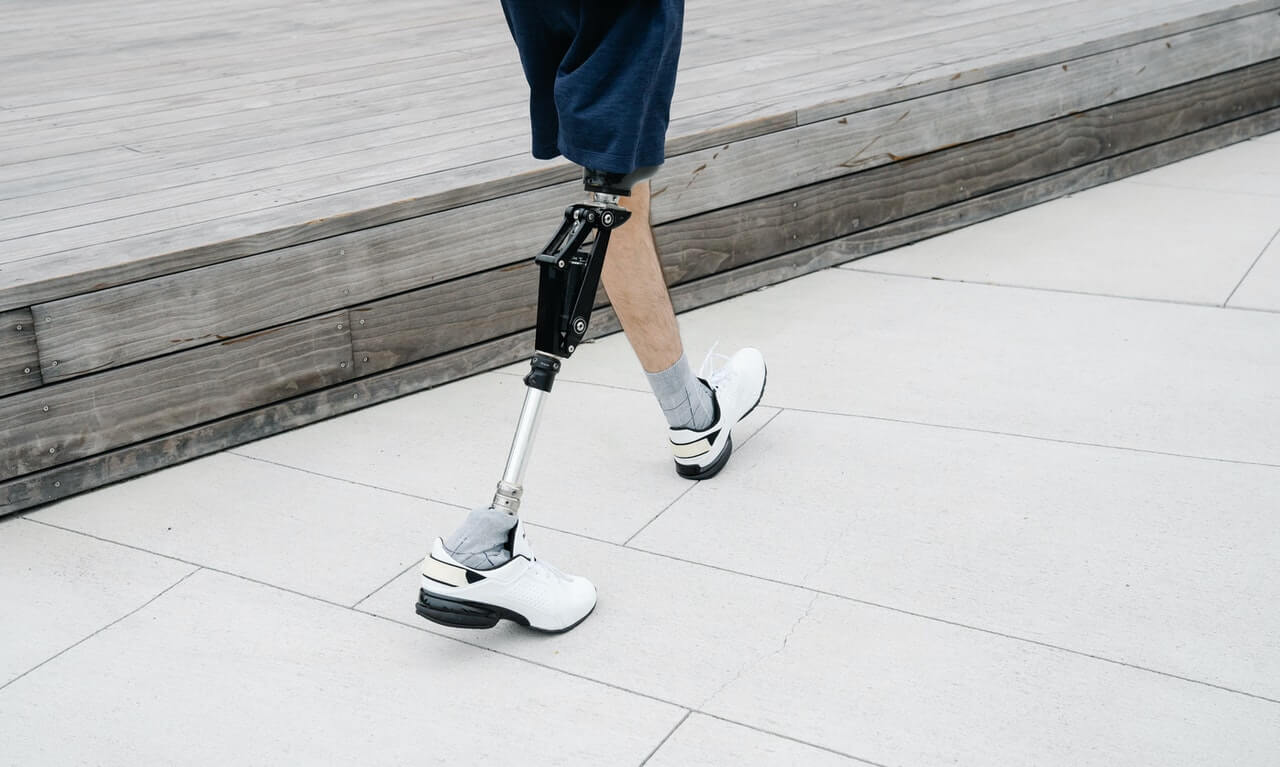Facility Partnership Pogram
At Alcam we are dedicated to supporting your goal of enhancing the quality of life of patients that undergo limb amputations as well as improving patient care overall. As you and the team at your facility are well aware, people who face an amputation can encounter multiple challenges throughout their recovery, rehabilitation and reintegration into their homes and communities. The psychological impact of an amputation can be just as significant as the physical challenges. The key to improving outcomes for those who have lost limbs is to provide the tools and care that are critical to address both physical and psychosocial needs. This begins with your very own Amputation Care Program.


Alcam offers partnerships at no cost to hospitals and rehabilitation facilities. As a partner, our staff will help your facility establish an Amputation Care Program for amputees quickly and efficiently. This will also help meet Commission on Accreditation of Rehabilitation Facilities (CARF) standards on peer support for
facilities with an amputation care designation. We also offer generous benefits to our partners, including but not limited to patient education materials.
Post Amputation
24-72 hours after the surgery, we visit the patient beside to provide emotional
support and resources to enhance their quality of life
Education
The patient and their families will receive information, including what to expect over the next six months, local support groups, post amputation exercises, etc
Peer Visitor (PV)
With the patient's consent, we will schedule a meeting with a Peer Visitor. No one is potentially better positioned to understand living life with an amputation.
Your willingness to support people on their journey to recovery reflects your commitment to helping people thrive after limb loss. We look forward to partnering with you and your facility. If you have any questions regarding the benefits of partnering with Alcam, please do not hesitate to contact us.
- Free patient education publications
- Detailed listing on Alcam’s website
- Post Amputation hospital visit to educate and
support the patient, family, and caregiver - Our partnership demonstrates your willingness to
support people recovering after limb loss - Helps meet CARF and TJC standards on peer support
for facilities with an “Amputation” care designation

More Partnership Benefits
- Establish a nationally recognized peer support program for amputees quickly and efficiently.
- Helps meet CARF standards on peer support for facilities with an “Amputation” care designation
- Host a Amputation Care Program Training for your team.
- Receive staff support and technical assistance via phone on a regular schedule to help you keep your peer support program on track.
- Have your facility’s name, logo and links added to our website as a peer support partner facility.
AMPUTATION CARE PROGRAM
Nearly 2 million people in the United States are living with limb loss. Our mission is to make sure no one goes through this journey alone.

People living with limb loss in the U.S.

People have an amputation each year in the U.S.

People lose a limb each day in the U.S.
- 1,558 military personnel lost a limb as a result of the wars in Iraq and
Afghanistan. - 3.6 million people will be living with limb loss by 2050.
- 36% of people living with limb loss experience depression.
- 85% of lower-limb amputations are preceded by a foot ulcer.

Limb Loss Community Incidence
Gender of Amputation patients,2014

Female (31%)
Male (69%)
Age at Amputation, 2014

- <1 (0.2%)
- 1-17 (1%)
- 18-44 (11%)
- 45-64 (46%)
- 65-84 (36%)
- 85> (6%)
Limb Loss Community Prevalence
Types of Amputation

Upper Limb (35%)
Lower Limb (65%)
Cause of Amputation

- Vascular Disease (54%)
- Trauma (45%)
- Cancer (2%)
- Upper limb (35%)
- Lower limb (65%)
Facts
Lifetime healthcare costs for people with limb loss is $509,275 compared to $361,200 for people without limb loss.
Hospital charges for patients who underwent an amputation totaled $10 billion in 2014.
African Americans are 4 times more likely to have an amputation than white Americans.
FOR FACILITY PARTNERSHIP QUESTIONS, PLEASE CONTACT
CAMERON STEWART, BOCO, BOCP cameron@staging.jerdinandlopez.com
(951) 824-1252
